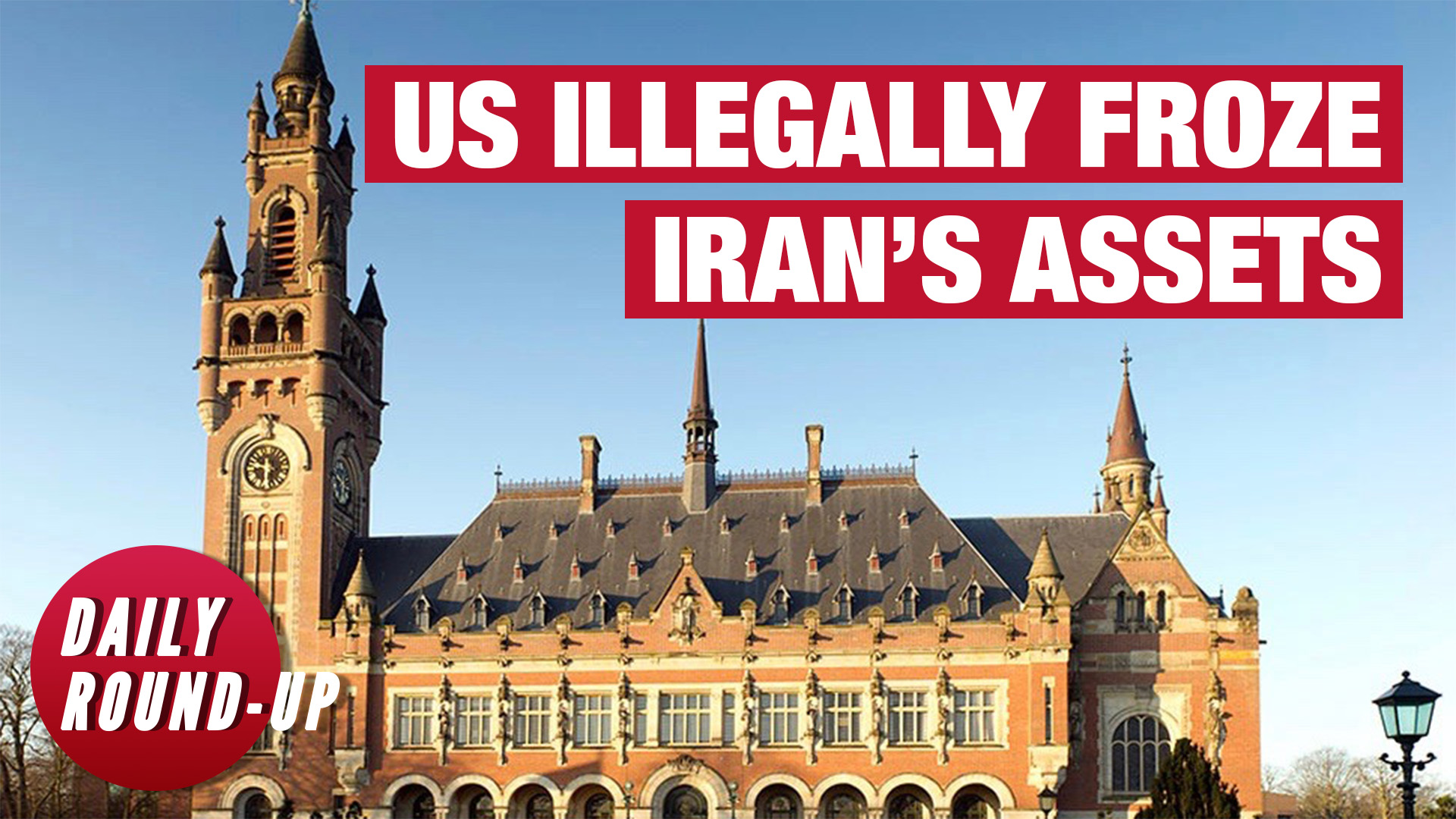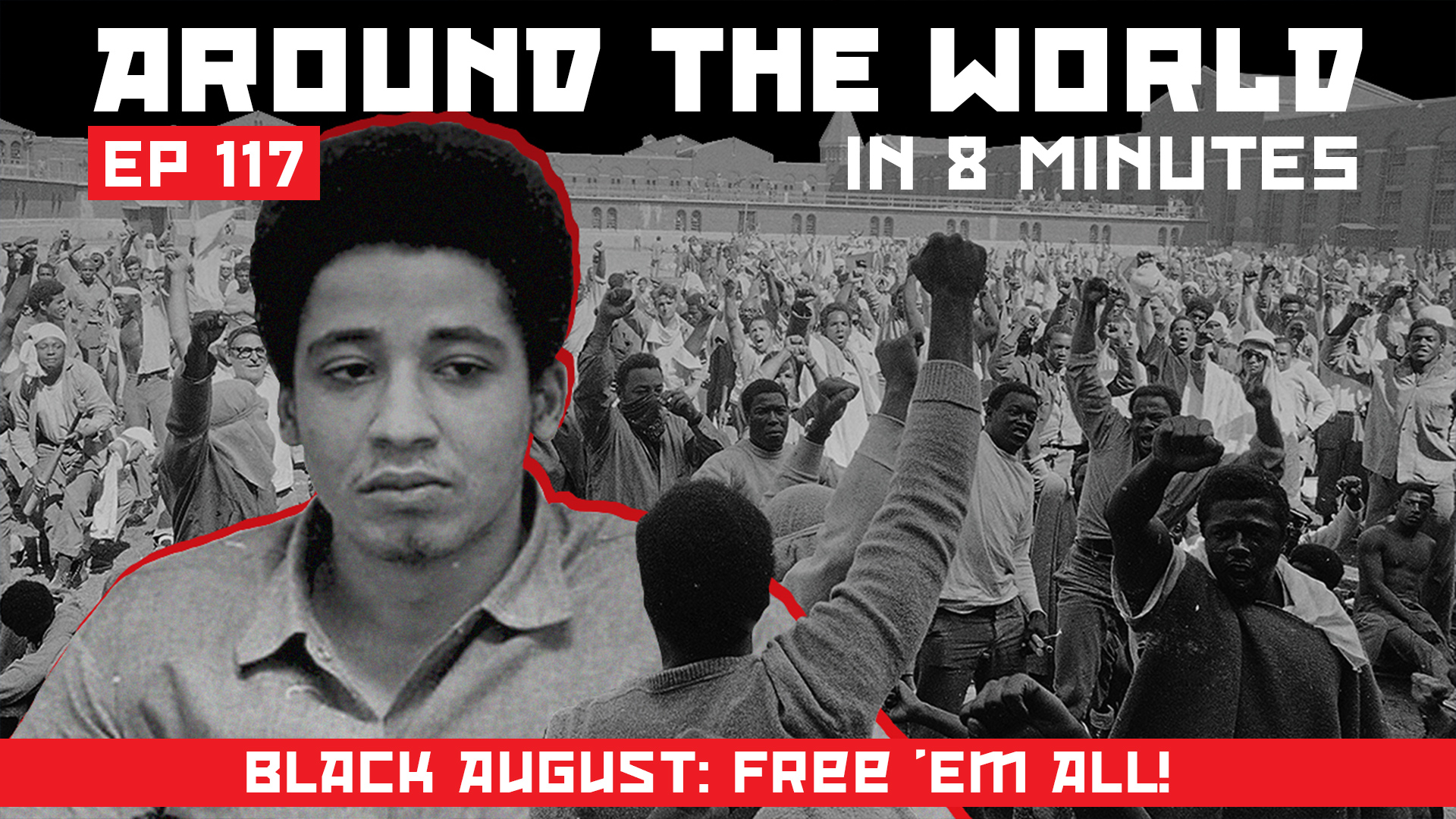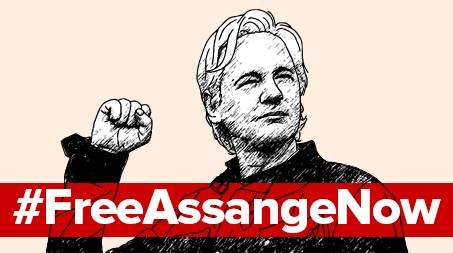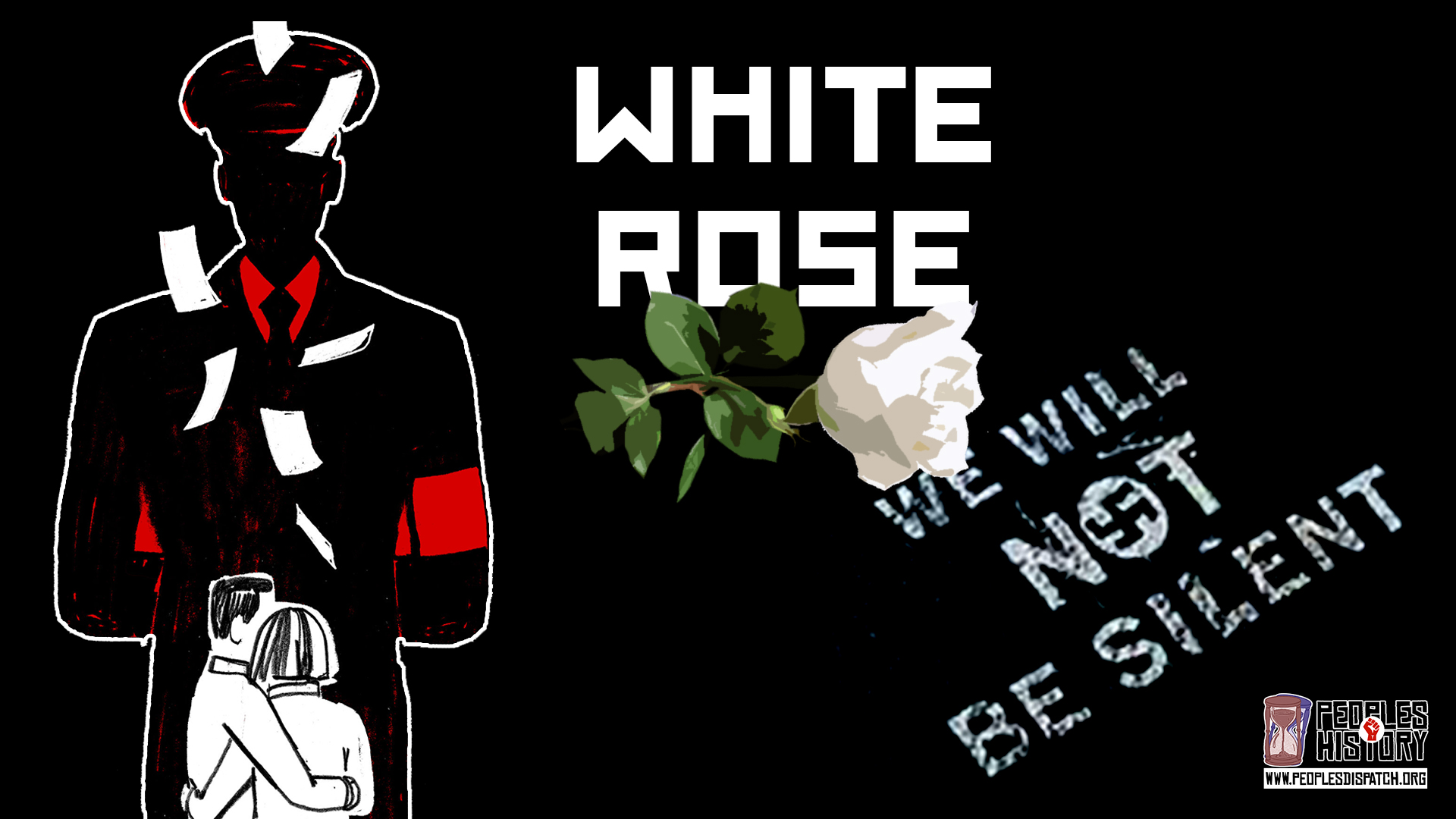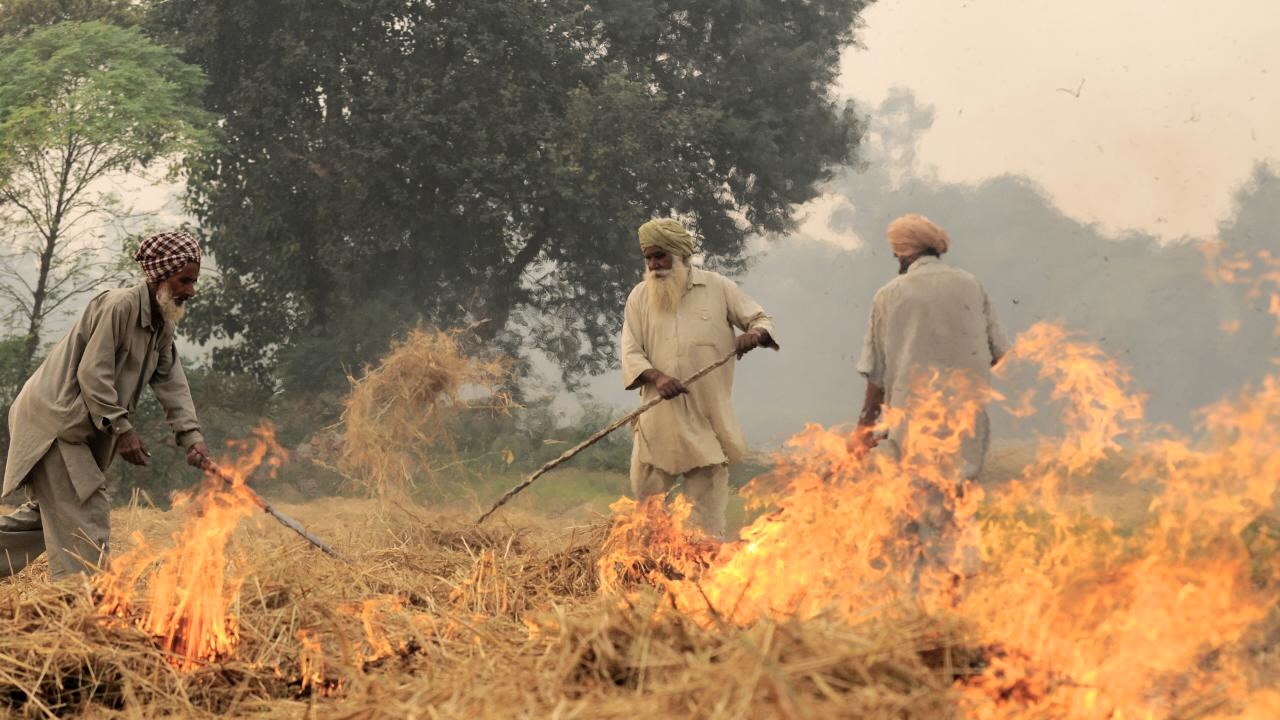 As elections approach, India’s farmers count government’s broken promises
As elections approach, India’s farmers count government’s broken promises
A report by Financial Accountability Network India reveals how the promises made to farmers by the ruling BJP in previous elections – doubling their income, a sustainable minimum support price and more —were never met
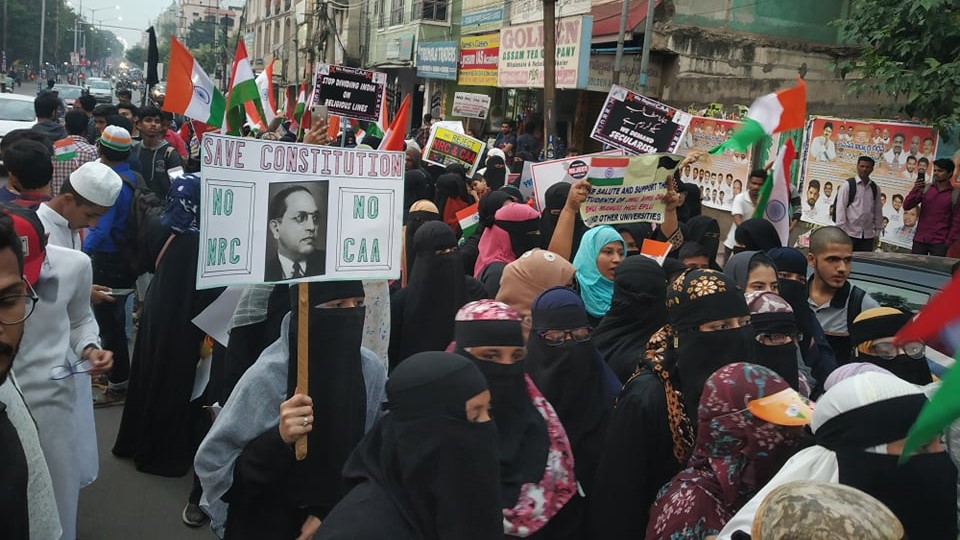 Indian government notifies rules for Citizenship Amendment Act
Indian government notifies rules for Citizenship Amendment Act
The Modi government delivered on its 2019 campaign promise to implement the controversial law, which provides an expedited route to Indian citizenship to undocumented migrants from six religious communities from neighboring countries but excludes Muslims
 Indian port workers refuse to handle military cargo bound for Israel
Indian port workers refuse to handle military cargo bound for Israel
The Water Transport Workers Federation of India, which represents 3,500 workers in 11 ports, announced their refusal to aid Israel’s genocide and called for an immediate ceasefire.
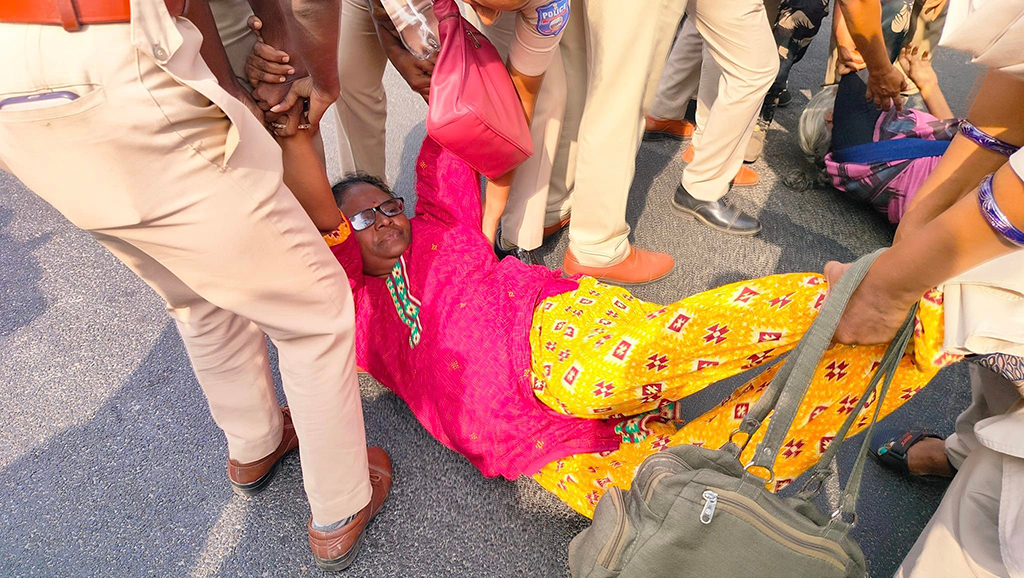 Anganwadi workers in Andhra Pradesh declare victory after 42-day strike
Anganwadi workers in Andhra Pradesh declare victory after 42-day strike
Terming the strike as a “grand victory,” the All India Federation of Anganwadi Workers and Helpers said in a statement that it “proved the strength of the working people”
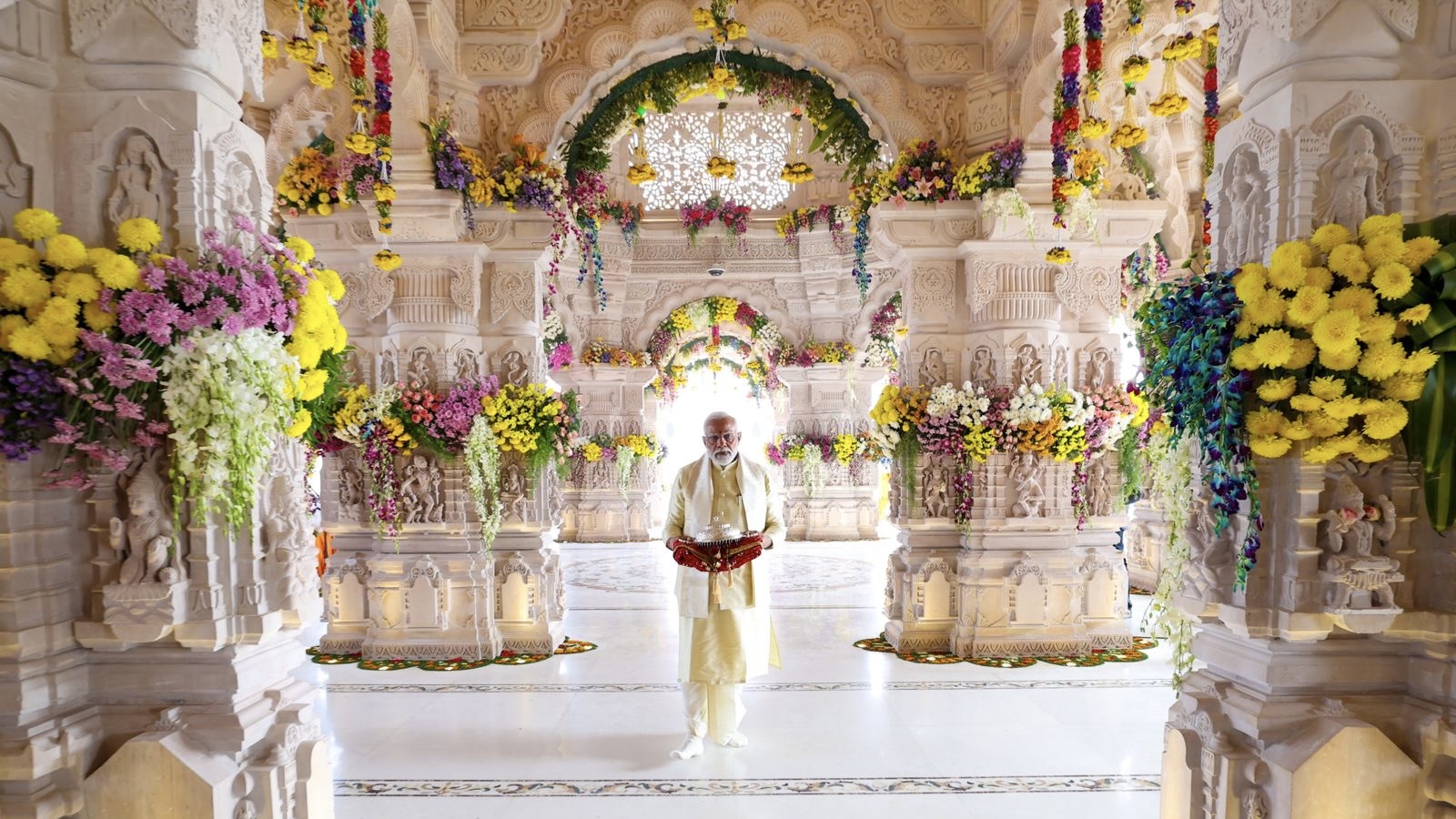 PM Modi consecrates controversial Ram temple in Ayodhya, declares “new era” for India
PM Modi consecrates controversial Ram temple in Ayodhya, declares “new era” for India
32 years after the Babri mosque was demolished by Hindu right-wing mobs, a temple dedicated to the Hindu deity, Ram, was inaugurated by Prime Minister Narendra Modi on January 22
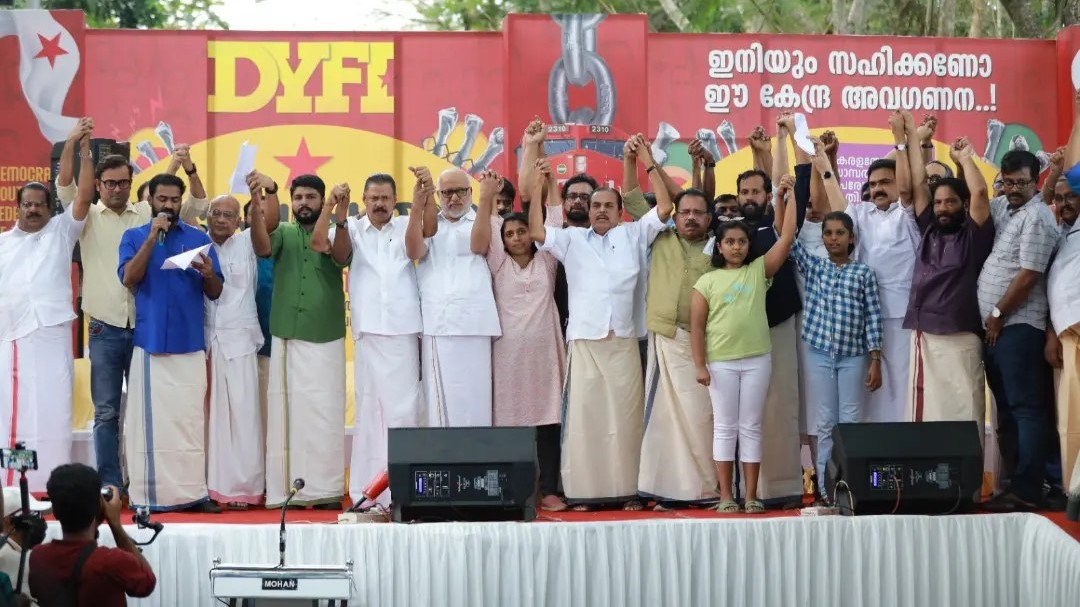 Over 2 million join human chain in Kerala against BJP-led national government’s apathy
Over 2 million join human chain in Kerala against BJP-led national government’s apathy
The human chain was organized by the Democratic Youth Federation of India. The national government has been accused of discriminating against Left-led State of Kerala , while also putting up administrative hurdles to its developmental programs
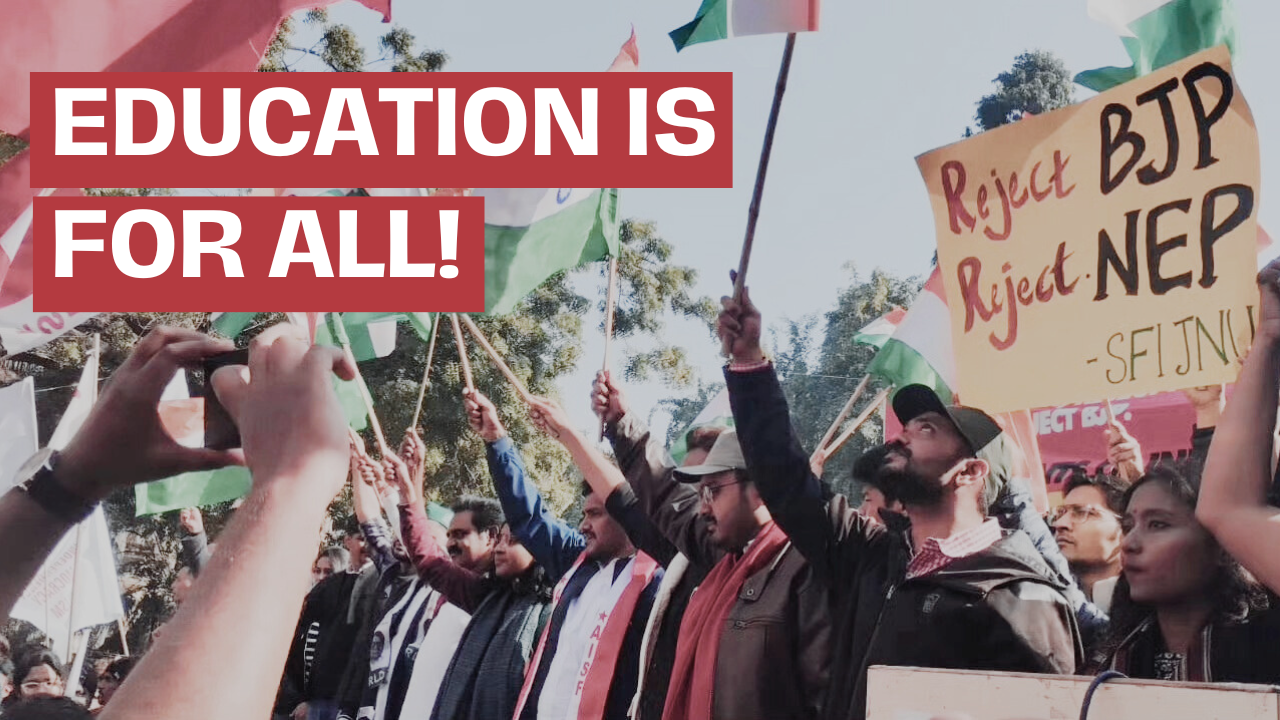 ‘Students of India are united against the fascist BJP regime’
‘Students of India are united against the fascist BJP regime’
The students say that the policies being implemented by the government, particularly the new education policy will lead to the destruction of the country’s public education system.
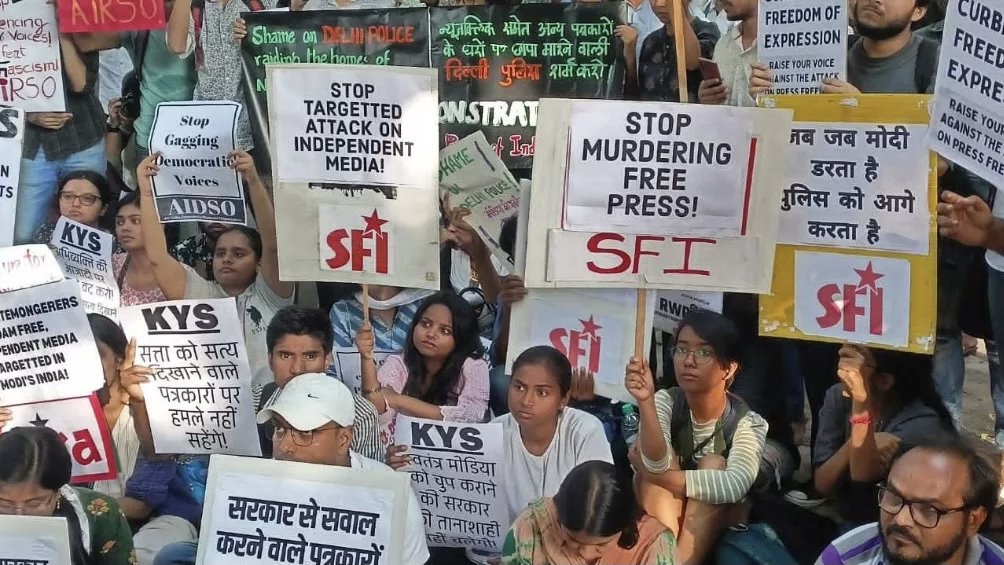 La asfixia de la democracia en la India
La asfixia de la democracia en la India
Los ataques contra el medio de comunicación progresista indio NewsClick coincidieron con la suspensión de 141 miembros de la oposición del parlamento indio, lo que constituye un grave ataque a la democracia india.
 US War on Terror against Houthis is smoke and mirrors
US War on Terror against Houthis is smoke and mirrors
The US and Israel are desperate to rope in India in their upcoming ill-fated ‘war on terror’ against Yemen, a civilisational state, so as to give their risky enterprise a regional habitation and name
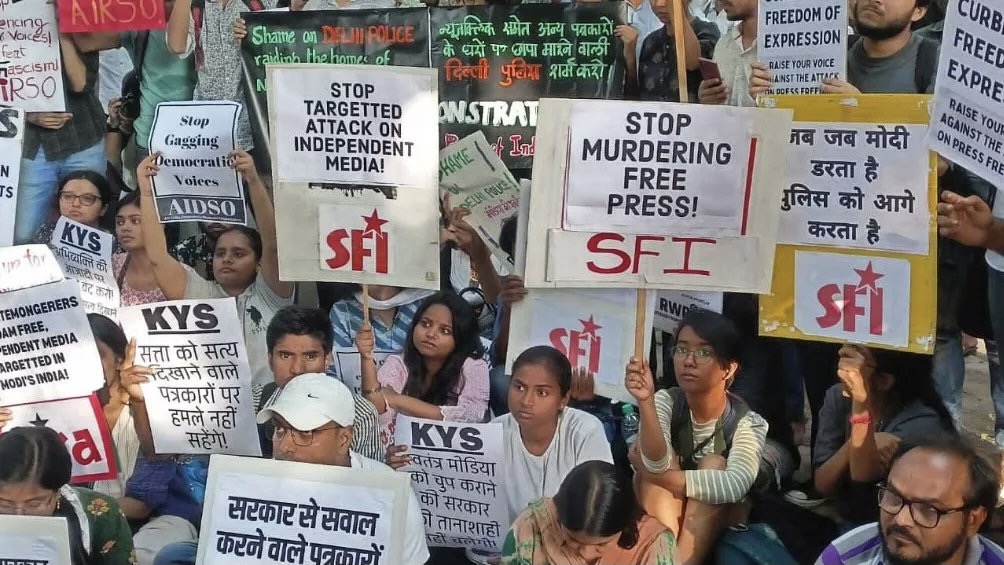 The suffocation of democracy in India
The suffocation of democracy in India
Attacks on the progressive Indian news outlet NewsClick coincided with the suspension of 141 opposition members of Indian parliament, both constituting serious attacks on Indian democracy
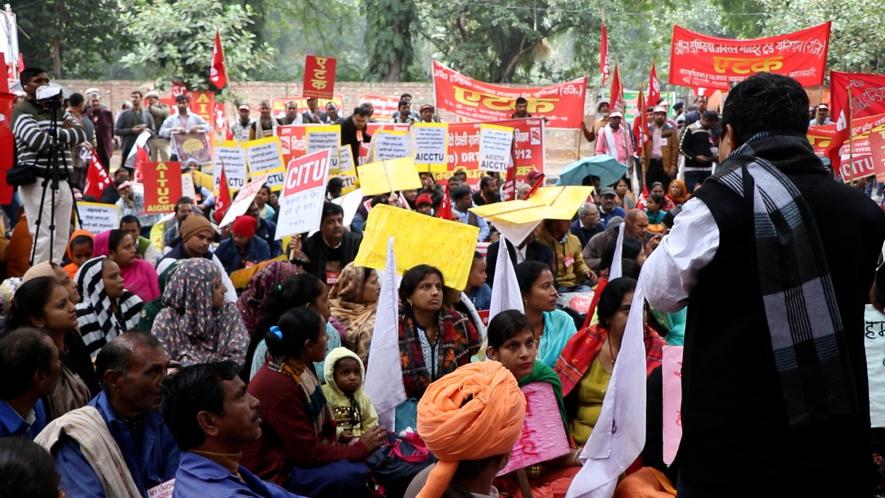 Indian workers and farmer stage historic three-day protest
Indian workers and farmer stage historic three-day protest
The three-day nationwide protest called by central trade unions and farmers’ organizations against government policies concluded on November 28 with a call to defeat the ruling BJP in the 2024 elections if key demands are not met
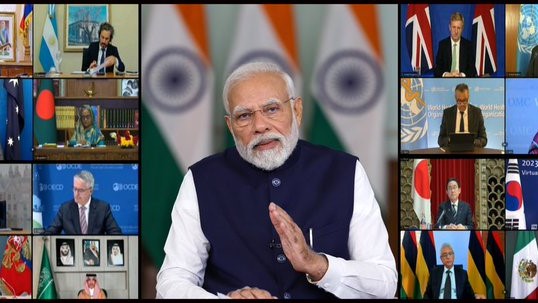 G20 meeting reiterates urgent needs for reforms in global financial institutions
G20 meeting reiterates urgent needs for reforms in global financial institutions
Some countries also extended their solidarity with the Palestinian people and condemned the Israeli war in Gaza during the virtual meeting


